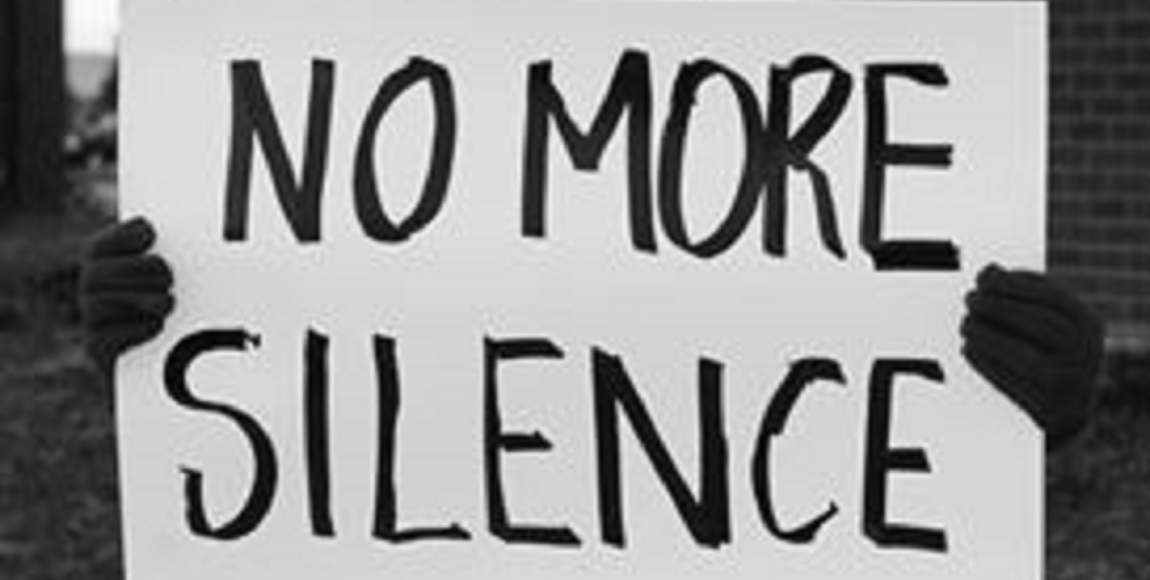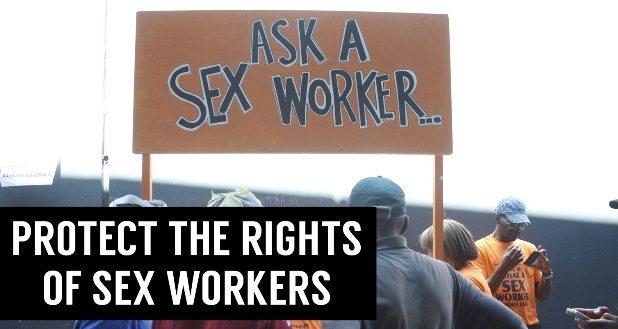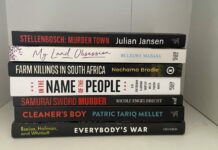When the New York Times broke the story about Harvey Weinstein’s decades of sexually assaulting and harassing women, it threw into focus what women have been talking about for even longer – sexual abuse is rife and society never believes the survivors. Since then more and more women in the entertainment industry have come forward, telling of their experiences with Weinstein and other powerful men.
When actress Alyssa Milano posted a tweet on Sunday asking women to reply “me too” if they had been sexually harassed or assaulted to show the magnitude of the problem, the response was huge. To date, the tweet has had over 57 000 replies and made #MeToo trend all over the world.
If you’ve been sexually harassed or assaulted write ‘me too’ as a reply to this tweet. pic.twitter.com/k2oeCiUf9n
— Alyssa Milano (@Alyssa_Milano) October 15, 2017
All of Monday, thousands of people shared their stories and South Africans also joined the conversation.
South African actresses have also spoken out about the sexual harassment they experience in the entertainment industry. But it’s not just in the entertainment industry where women are sexually violated, catcalled, groped, or raped.
#metoo #metoo #metoo #metoo #metoo #metoo #metoo #metoo #metoo #metoo #metoo #metoo #metoo #metoo #metoo #metoo #metoo #metoo #metoo #metoo
— Samke Mhlongo (@justsamkedotcom) October 17, 2017
The number of sexual offences that have occurred in this country increased by 110% between 2016 and 2017. So it’s no surprise that the hashtag resonated here.
#MeToo
Spoiler alert: most of us, to varying degrees, in more than one way, in many ‘safe’ places, for years. 😞— Noelani Wilson (@lanibugg) October 17, 2017
For some there were too many stories to share.
#MeToo which story do I share. There are too many to mention. Was raped at 6 by a family friend. He forced himself on me whenever wherever.
— The Power of Now! (@mamawami62) October 17, 2017
A thread on my #MeToo experience 🙁
— Jillian Penaluna (@Just__Jilly) October 17, 2017
Another tweeter highlighted that sexual violence is something that happens to men too.
Feeling a bit despondent about the whole #MeToo thing. Those with the most power to fix it won’t listen. And yes, #MeToo. #MaleViolence
— John Taylor (@J_TaySA) October 17, 2017
These two simple words reminded South Africans that they are not alone.
There’s not pressure to say #MeToo but for some there is relief in it. Comfort that are not alone, not to blame, don’t have to explain, https://t.co/sePEqWs2w2
— barbara holtmann (@bholtmann) October 17, 2017
The hashtag shows that every person you know may have experienced sexual assault and harassment. It’s a gross indictment on the attitudes society has about men, women, sex, and power. But it’s not enough to keep asking people to speak out about their experiences of harassment and abuse. As one person suggested, we also need to engage with the people that rape and abuse their power.
#MeToo should be met with #iHave – an admission of guilt of people who have inadvertently or otherwise sexually harassed or assaulted others
— Sarah Koopman (@sarah_koopman) October 16, 2017









